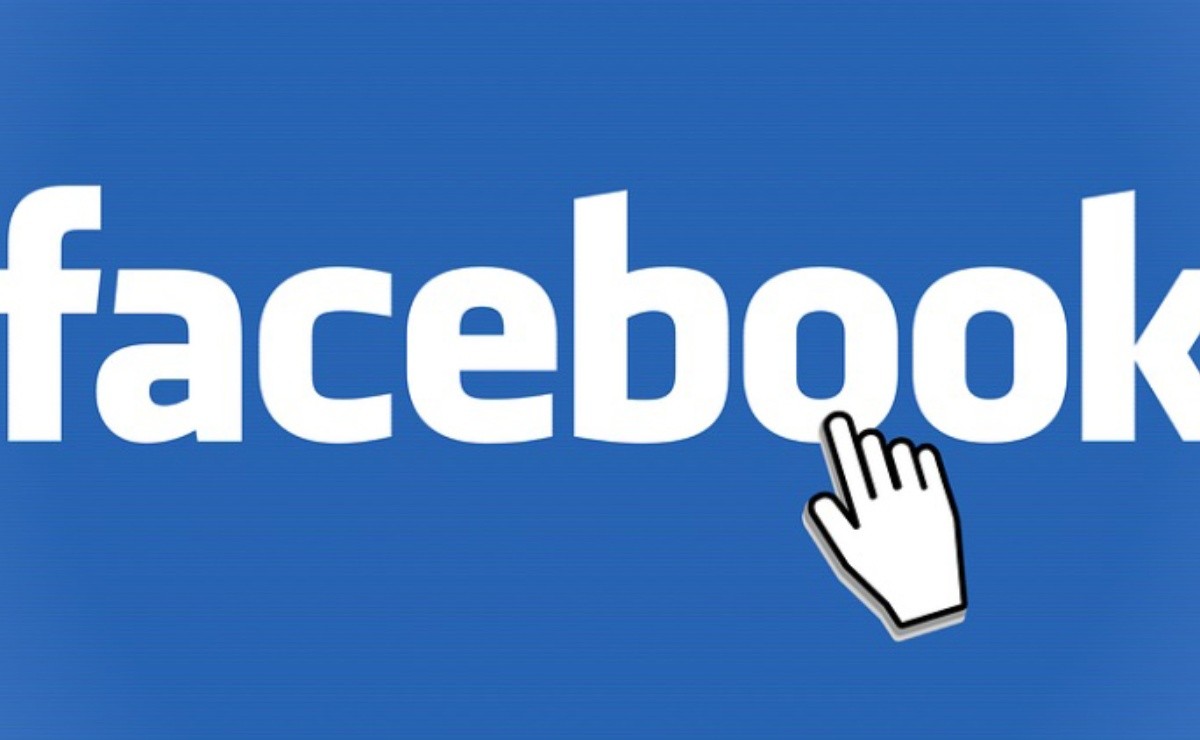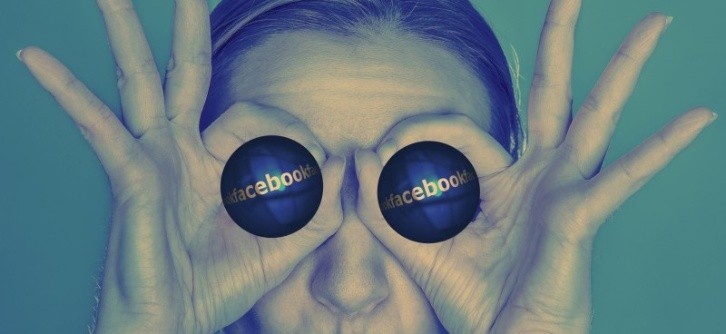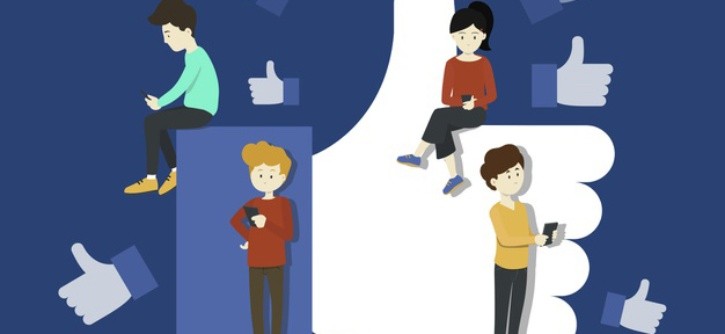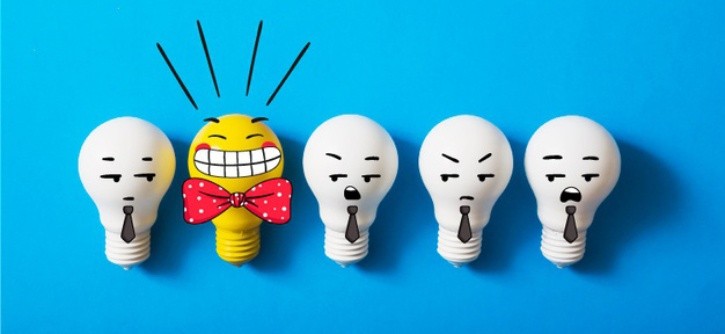
Sharing everything you do and waiting for the approval of your followers could be killing your joy without you noticing
The world is increasingly governed by social networks, since it has come to think that if a moment is not shared in them it has no value, in fact even relationships begin to be taken as such, until they are published as states . That is why few of us have thought that Facebook is actually stealing our happiness.
My children have given me good news recently. Academic triumphs, victories in hockey tournaments, they were even a little excited to be accepted into college. They’ve also been through some bad times and some bittersweet times. We’ve been through a lot of past games, disappointments, and unwashed dishes. If you’re my friend, or even someone who knows my mom and we struck up a friendly conversation in line at the store, I’d love to talk to you about it. Maybe I’ll even show you pictures.
However, I am not going to post those events on social media, because I have been trying for a while and have come to a simple conclusion after receiving reactions from friends, family and acquaintances expressed with emojis and exclamation marks instead of hugs. and exclamations of real amazement: it’s not fun and I don’t want to do it anymore.

I am not the only one who has decided to get off social media. Although about two-thirds of American adults use Facebook, the way many of us use it has changed in recent years. About 40 percent of adult users say they took a break from checking Facebook for several weeks or more, and 26 percent tell researchers they deleted the app from their phone at some point in the past year.
Some have changed their behavior due to Facebook’s lax track record when it comes to protecting user data: more than half of adult users adjusted their privacy settings last year. Others seem more concerned with how it makes them feel and act. In any case, leaving social networks is a way to ensure the privacy of your family.
"I’ve really seen an evolution toward sharing less," said Julianna Miner, associate professor of Global and Community Health at George Mason University and author of the forthcoming book Raising a Screen-Smart Kid: Embrace the Good and Avoid the Bad in the Digital Age. The writer added: "It’s hard to say whether the changes are a response to security breaches or a result of people just getting tired of sharing."
Even Facebook CEO Mark Zuckerberg seems to suspect that this is partly due to the latter, that after experiencing what it takes to live our lives in a larger cyber realm for more than a decade, many of us are ready to return to the most intimate groups in which humans had long flourished. In a recent blog post, Zuckerberg announced the company’s plans to emphasize private conversations and small communities on the platform. Interacting on Facebook, he wrote, “will become a basically more private experience”: less “public square”, more “living room of the house”.

This is a turn that in my case I have already chosen to do and, since I did, I wonder why I agreed to get on my personal platform in that public square to begin with. The more good news and personal challenges I reserve to share in person with my friends, the more I see that the digital world has never offered me the same satisfaction or support. Instead, I ended up missing seeing my friends’ faces light up at the blissful news and often found myself wishing that not everyone within my personal network had been aware of a disappointment or complaint.
"There is a lot of evidence that in-person interpersonal interactions produce a stronger neural response than anything we can do online," Miner said.
We value empathy online, but not as much. It takes about six virtual hugs to equal a real hug
The time we spend looking for those virtual hugs can take us out of the world we live in and back on our phones (which, of course, is the main reason many networks offer those pops of feedback).
“Ultimately, we’re not just giving social media the time it takes to post something,” explained Stacey Steinberg, associate director of the Center for Children and Families at the University of Florida Levin College of Law and author of a paper. on the subject entitled “Sharenting: Children’s Privacy in the Age of Social Media”.
"The interaction does not end the minute you press share," explains the expert.
A part of our mind is waiting for answers, and that amounts to a small distraction that takes us away from whatever else we are doing.
Once we publish the image of our son or daughter doing the fashionable dance, our attention is no longer entirely focused on seeing him dance. Part of our mind is in the digital environment, waiting for our enjoyment to be validated.
That validation may be satisfying, but the thrill is fleeting, like the sudden spike in our glucose when we substitute a Pop-Tart for a real breakfast. However, watching your mother’s reaction to the same video gives you another kind of pleasure. "I see parents sharing in different ways than I did five years ago," says Steinberg. "We are looking for smaller audiences and ways to share only with our close friends."

He also warned us that even seemingly innocuous public updates leave a lasting trail. "It may happen that one of your children has been a baseball star, but decides to change sport and people who are relatively strange keep asking him what his batting average is," explains the expert. "Or one of your children decides to go to college and then changes his mind. The decisions are complex. Life is complex. It is not easy to apply the Marie Kondo technique to your Facebook page ”.
There are exceptions. Facebook shines as an arena for connection and career advancement, of course. For those of us who have children with special needs, it can be an invaluable supportive community. Plus, for the worst news – like calamities, illness, or death – Facebook can help users quickly share updates, ask for help, and share obituaries and memories.
Cal Newport, author of Digital Minimalism: Choosing a Focused Life in a Noisy World, suggests that when we evaluate the ways in which we use the social media tools at our disposal, we wonder if those tools are the best way to achieve our goals. . In such cases, the answer is yes.
But how about sharing personal moments, letting off steam, getting some good advice on the challenges of parenting while feeling supported through our toughest times? I have found that real life face-to-face contact and hug for hug gives me so much more than any screen could. Why fool yourself by depriving yourself of those pleasures for the fleeting euphoria of a lot of likes?
I recently ran into an acquaintance while waiting for my order at a local restaurant. "Congratulations," he said warmly. I racked my brains. He had sold a book that week, but the information was not public. I wasn’t pregnant, I didn’t have a new job, and I hadn’t won the lottery either. My take-out skills weren’t really praiseworthy and, in fact, maybe I had ordered too much, as I usually do. I wanted to talk more about that happy news, but what were we talking about? Luckily, he continued, "Your son must be very excited."
Oh yeah, my oldest son… he was admitted to college. He was happy and so were we and I told him, but how did he find out?
My son told his daughter, that she is his classmate at school, and his daughter told her.
Perfect.